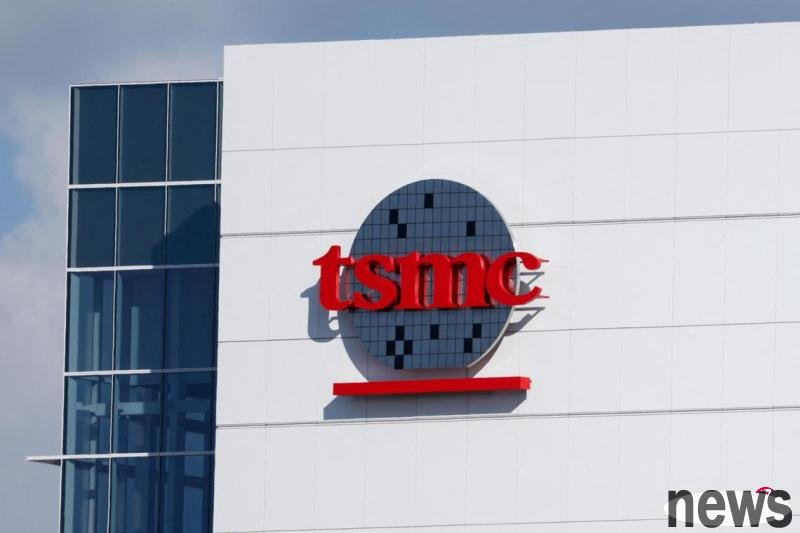But the earnings momentum in the fourth quarter may vary. In March this year, TSMC and US President Trump announced at the White House that they planned to invest $100 billion (about S$128.6 billion) in the United States. Previously, TSMC had pledge...

But the earnings momentum in the fourth quarter may vary.
In March this year, TSMC and US President Trump announced at the White House that they planned to invest $100 billion (about S$128.6 billion) in the United States. Previously, TSMC had pledged to invest $65 billion to build three factories in Arizona, one of which has been put into operation.
It is expected that TSMC's gross profit margin in the third quarter will drop from 58.6% in the second quarter to between 55.5% and 57.5%, which is also affected by TSMC's increased investment in new factories in the United States and Japan.
TSMC pointed out that demand for artificial intelligence is becoming increasingly strong and revenue is expected to grow strongly again in the third quarter. But it is cautious about the outlook later this year, citing uncertainty about the impact of U.S. tariffs and other uncertainties.
Wei Zhejia said: "We are considering the possible impact of tariffs and many other uncertainties, so we are becoming more conservative." He added that TSMC has not seen any changes in customer behavior so far.
Global wafer foundry giant TSMC hit a record high in the second quarter, with a year-on-year increase of up to 60%, better than expected. But it is wary that fourth-quarter revenue may be affected by U.S. tariffs.
According to the announcement in April this year, Taiwan faces a 32% reciprocal tariff threat, and although some countries have received the latest tariff data, Taiwan has not yet received it.
TSMC expects revenue to jump 40% in the third quarter, and its full-year revenue is expected to increase by about 30% in US dollars, higher than the previous forecast of "nearly 25%".
Reuters reported the above news Thursday (July 17).
TSMC also pointed out that its main customer Nvidia has recently received approval from the U.S. government to resume the sale of H20 AI chips to China.
TSMC CEO Wei Zhejia said at a press conference: "China is a huge market, and my customers can continue to supply chips to this huge market. This is very positive news for them and very positive news for TSMC."
In the second quarter, TSMC's net profit hit a new high of NT$398.3 billion (about S$17.4 billion), a year-on-year increase of 60.7%, achieving double-digit growth for the fifth consecutive quarter. This is significantly higher than the NT$377.9 billion forecast by market analysis company LSEG SmartEstimate.
Shares of TSMC's Taiwan-listed stock soared about 80% last year, but have risen only 5% so far this year due to concerns about tariffs and adverse exchange rates.
Despite soaring sales, TSMC noted that the appreciation of the NTD against the US dollar (which has appreciated about 12% so far this year) will weaken profit margins.
But Trump said tariffs on semiconductors may be introduced soon.